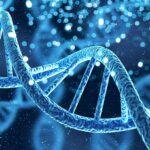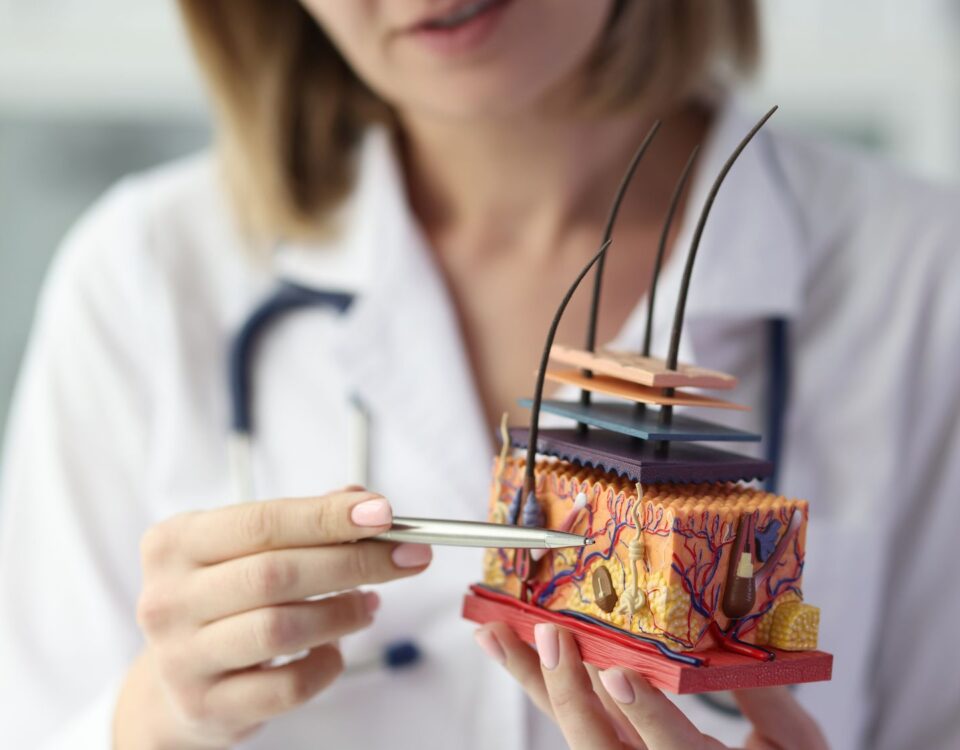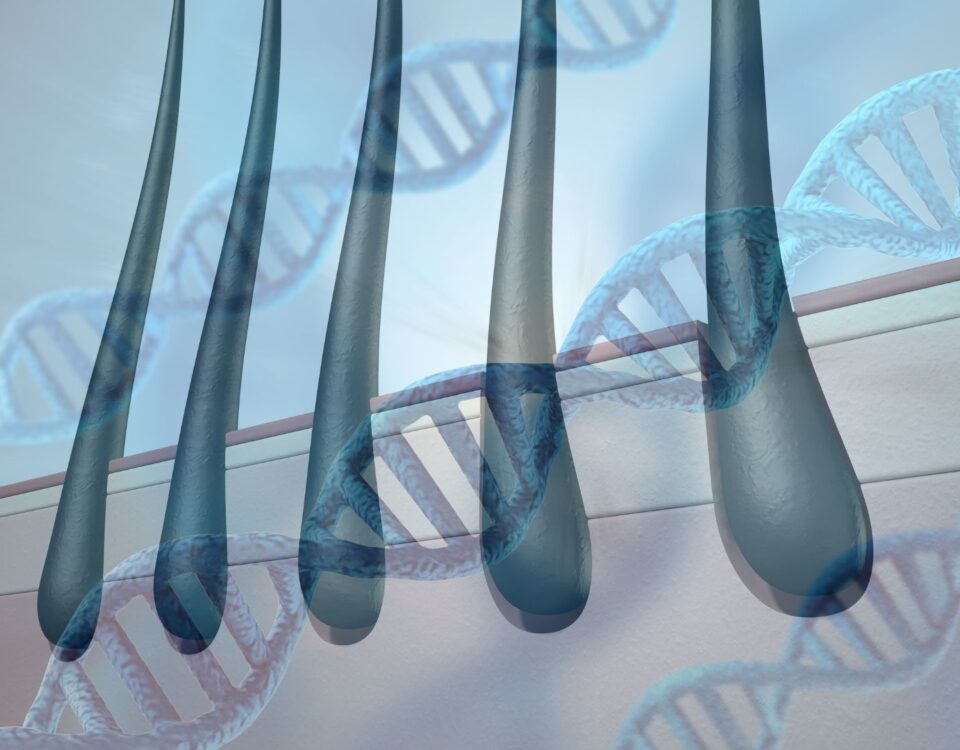
Aromatherapy for Your Scalp: How Essential Oils Combat Hair Loss
February 26, 2024
The Genetic Culprit: Exploring Androgenetic Alopecia’s Role in Hair Loss
February 26, 2024This article delves into the intricate relationship between hormones and the hair growth cycle, shedding light on the hormonal mechanisms underlying hair loss and the latest advancements in research and treatment.
Role of Hormones in Hair Growth Cycle
Hormones play a crucial role in the hair growth cycle. Testosterone, dihydrotestosterone (DHT), estrogen, and thyroid hormones all influence follicle activity and hair growth. For instance, DHT, a byproduct of testosterone, can cause follicle miniaturization if the follicles are sensitive to this hormone. This can lead to thinning hair and eventually hair loss.
Androgenetic Alopecia and Hormonal Imbalance
Androgenetic alopecia, commonly known as male or female pattern baldness, is strongly linked to hormonal imbalances. Recent research has found that individuals with androgenetic alopecia often have a genetic predisposition that makes their hair follicles more sensitive to DHT. The resulting follicle miniaturization leads to hair thinning and loss over time.
Hormonal Changes and Hair Loss
Hormonal changes throughout life stages such as puberty, pregnancy, menopause, and aging can impact hair health significantly. For instance, the hormonal fluctuations during pregnancy and menopause can cause temporary hair loss in women. Similarly, as men age and their testosterone levels decrease, they may experience hair thinning or balding.
Hormonal Treatments for Hair Loss
Over the past years, several hormonal treatments for hair loss have emerged. Medications like finasteride, which inhibits the conversion of testosterone to DHT, and minoxidil, which stimulates hair growth, have proven effective in treating hormonal hair loss. New treatments are also being developed that target the hormonal pathways involved in hair follicle miniaturization and regeneration.
Potential Future Directions in Hormonal Hair Loss Research
There is still much to learn about hormonal hair loss. However, recent research points towards promising avenues for future treatments. New hormone-modulating drugs, gene therapies, and regenerative medicine approaches are being explored, which could revolutionize the way we understand and treat hormonal hair loss.
In conclusion, understanding the relationship between hormones and hair loss is key to developing effective treatments. As research progresses, we can hope for more innovative solutions to this common problem.




